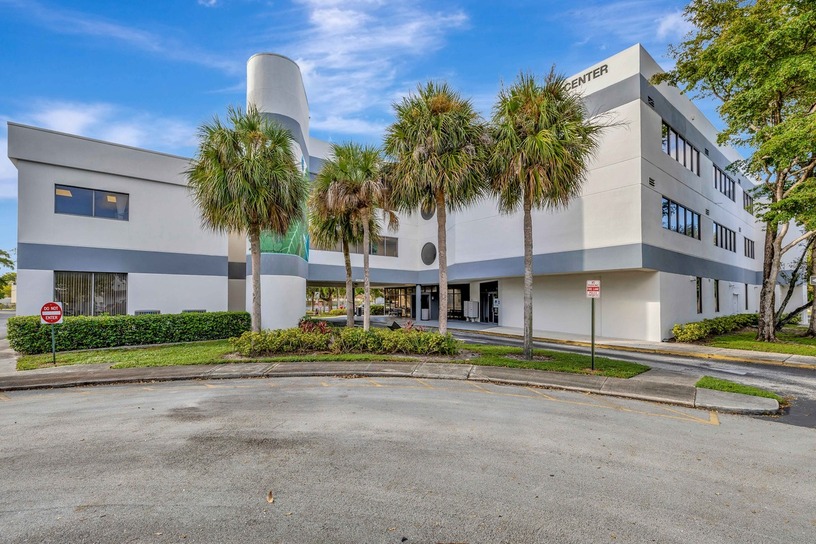How Much Does Predominantly Hyperactive-Impulsive Type Treatment Cost With Private Insurance Coverage in South Florida?
The cost of predominantly hyperactive-impulsive type treatment with private insurance coverage in South Florida typically ranges from $200 to $600 per day, depending on the services provided and the specific insurance plan. If you have private insurance, your out-of-pocket expenses may include copays, deductibles, and coinsurance, which can vary significantly.
Many insurance policies cover a substantial portion of treatment costs, including therapy sessions, medication, and specialized programs. To understand your financial responsibilities better, review your policy. Contact The Sylvia Brafman Mental Health Center to verify your coverage and get a clearer estimate of your potential costs.
How Much Does Predominantly Hyperactive-Impulsive Type Therapy Cost Without Commercial Health Insurance Assistance?
The cost of predominantly hyperactive-impulsive type therapy without health insurance typically ranges from $150 to $300 per session in South Florida. If you choose to enroll in a more intensive program, such as partial hospitalization or residential treatment, the costs can increase, often ranging from $1,000 to $2,500 per day, depending on the facility and services provided.
Without insurance, you may need to cover the entire cost out-of-pocket, which can be a financial burden. However, many treatment centers offer sliding-scale fees based on income, payment plans, or financial assistance to help manage costs. It’s advisable to reach out to The Sylvia Brafman Mental Health Center to discuss your options and find a payment plan that works for you.











